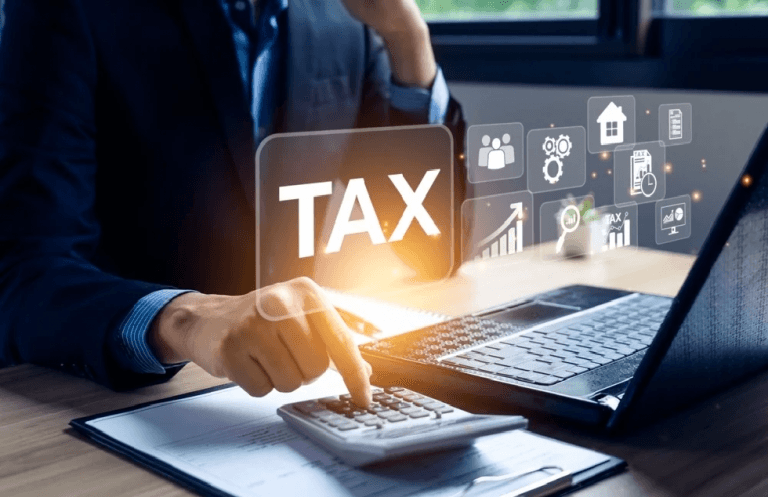Home / Post Detail

Running a small business is exciting, but paying more tax than you need to can be frustrating. The good news is that HMRC allows a wide range of tax deductions that can reduce your taxable profits and save you money. Unfortunately, many business owners miss out simply because they don’t know what they can claim.
In this guide, we’ll walk you through the top small business tax deductions in the UK for 2025, plus practical tips to stay compliant and avoid penalties.
A tax deduction is an allowable business expense that reduces your taxable profit. For example:
Profit before deductions: £50,000
Allowable expenses: £10,000
Taxable profit: £40,000
This means you only pay tax on £40,000, not the full £50,000.
👉 To claim deductions, you must keep accurate records (invoices, bills, receipts) for at least six years. Failure to keep these records can result in HMRC penalties of up to £3,000.
Here’s a breakdown of common expenses that are 100% or partially tax-deductible:
If you work from home, you can claim a portion of household bills like electricity, heating, internet, and phone. Limited companies can even pay rent for part of the home used exclusively for business.
Cars, vans, or equipment hired for business use are deductible. Travel expenses such as train fares, taxis, fuel, and hotels (for business trips only) are also claimable.
You can deduct the cost of gifts that promote your business (e.g., branded pens, mugs, or diaries) up to £50 per recipient per year. Alcohol, tobacco, or vouchers are excluded.
All costs of promoting your business, including website hosting, social media ads, flyers, and PR campaigns, are fully deductible.
Stationery, postage, phone bills, and broadband are eligible expenses.
Annual staff events are tax-deductible up to £150 per employee per year. This applies to Christmas parties, dinners, or team outings.
If a customer hasn’t paid an invoice for over six months, you can claim it as a deduction. If it’s paid later, you’ll need to declare it as income.
Accountancy, legal advice, and consultancy fees directly related to your business are deductible.
If employees use personal vehicles for work, you can reimburse mileage at HMRC rates:
Cars: 45p per mile (first 10,000 miles), 25p per mile after
Motorcycles: 24p per mile
Bikes: 20p per mile
Laptops, printers, and licensed software are allowable expenses under capital allowances.
Employee and director salaries, including pensions and benefits, are fully deductible.
Only interest on loans in the business name is deductible (not personal loans).
If your company provides a workplace nursery or crèche, the costs may be deductible.
Subscriptions to professional bodies (e.g., ACCA, medical boards, trade associations) are allowable.
Rent, utilities, and maintenance of offices or warehouses are deductible, as long as there’s no personal use.
Courses, workshops, and seminars directly related to business growth or employee skills are deductible.
Business insurance (public liability, professional indemnity, premises, contents) is tax-deductible.
Parking while on business is deductible, but fines and penalties are not.
You can claim up to £1 million annually on qualifying equipment purchases.
Register your business with HMRC.
Keep records of income and expenses.
File your Self Assessment (sole traders) or Corporation Tax Return (limited companies).
Register for VAT if turnover exceeds £85,000.
Pay National Insurance contributions (self-employed or employers).
Claim all allowable expenses and reliefs to reduce tax.






There are dozens of legitimate small business tax deductions in the UK that can help you save money and reinvest in growth. The key is good record-keeping, knowing what you can claim, and seeking expert guidance when needed.
📞 At AMAccountex Ltd, we help small businesses across the UK reduce tax bills, stay compliant, and focus on growth. Get in touch today to see how much you could save.
Accountants & Bookkeepers- AM AccountEx LTD | Accountancy and Tax Service
Typically replies within minutes
Any questions related to How Startups Can Manage Cash Flow Effectively?
WhatsApp Us
🟢 Online | Privacy policy
WhatsApp us